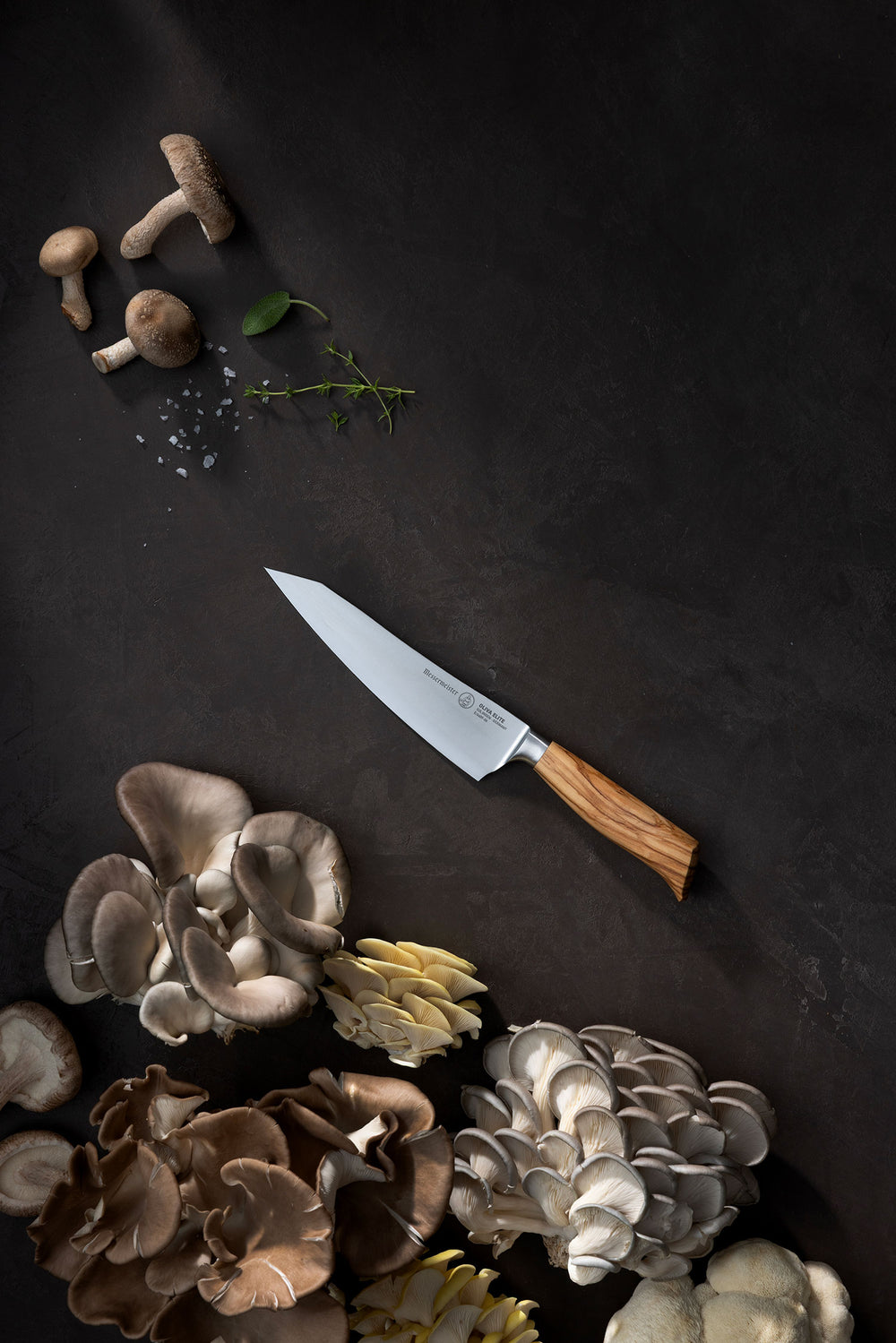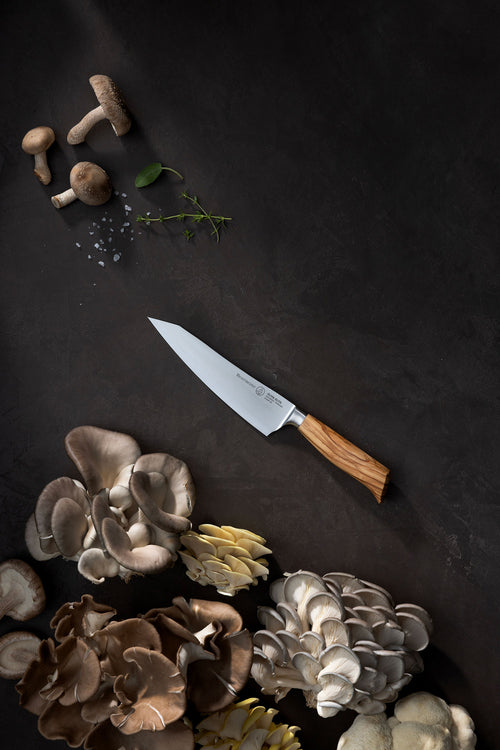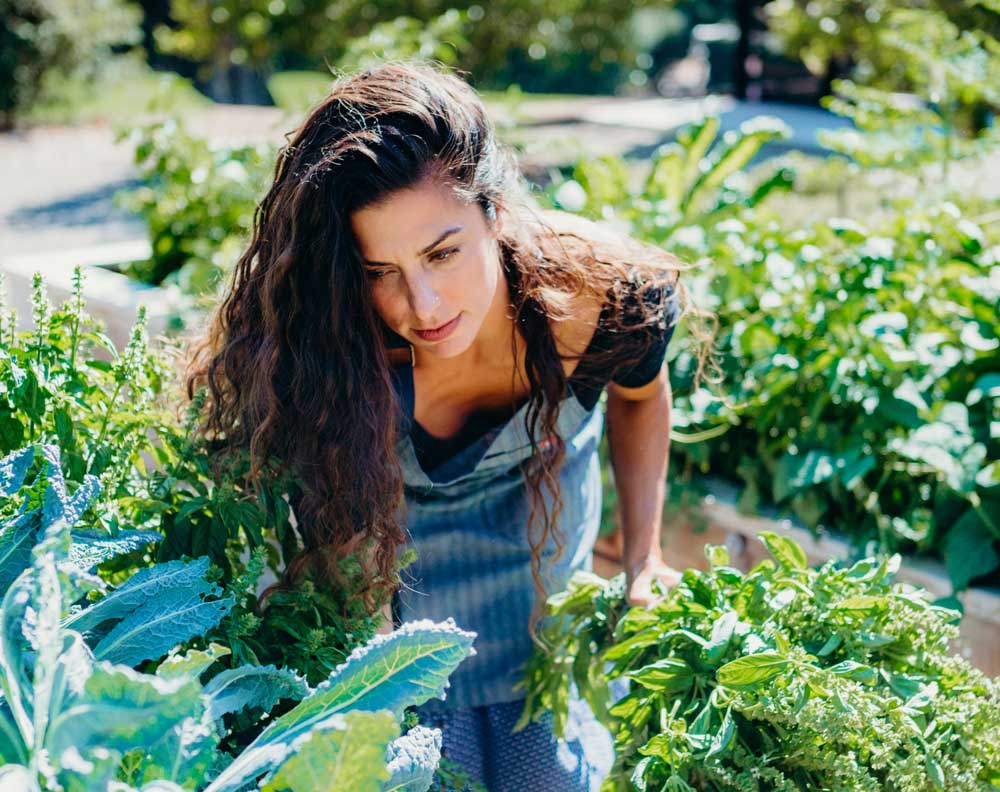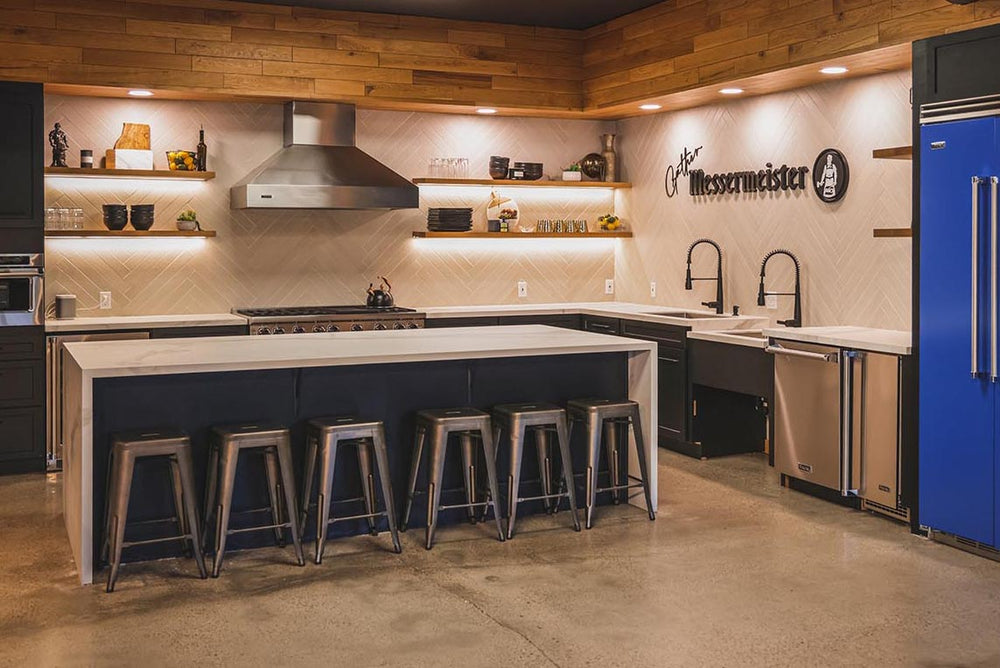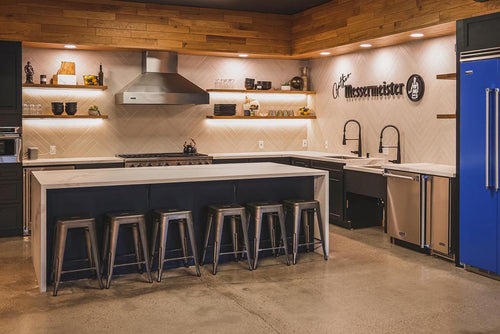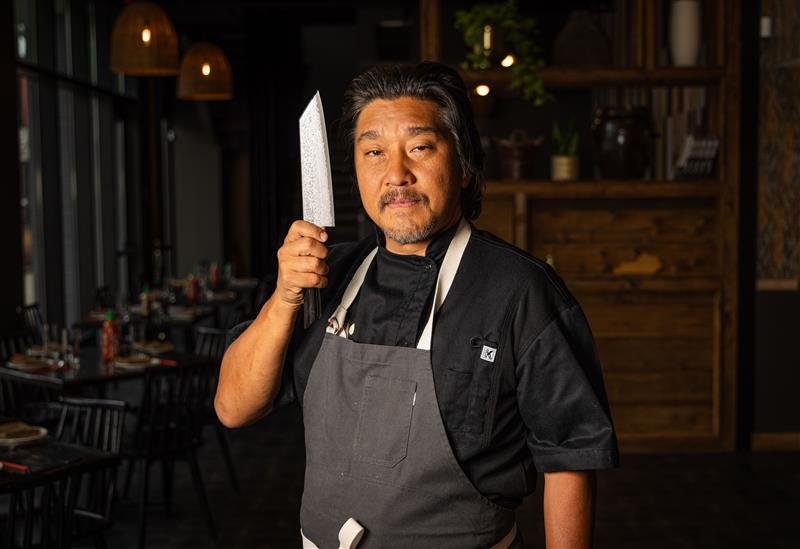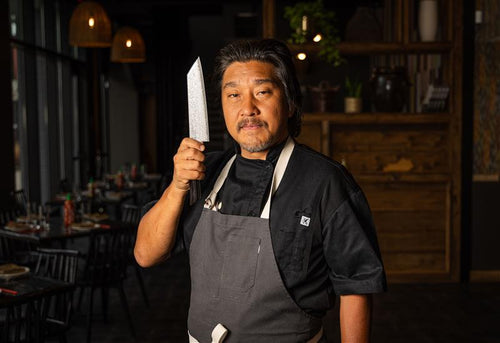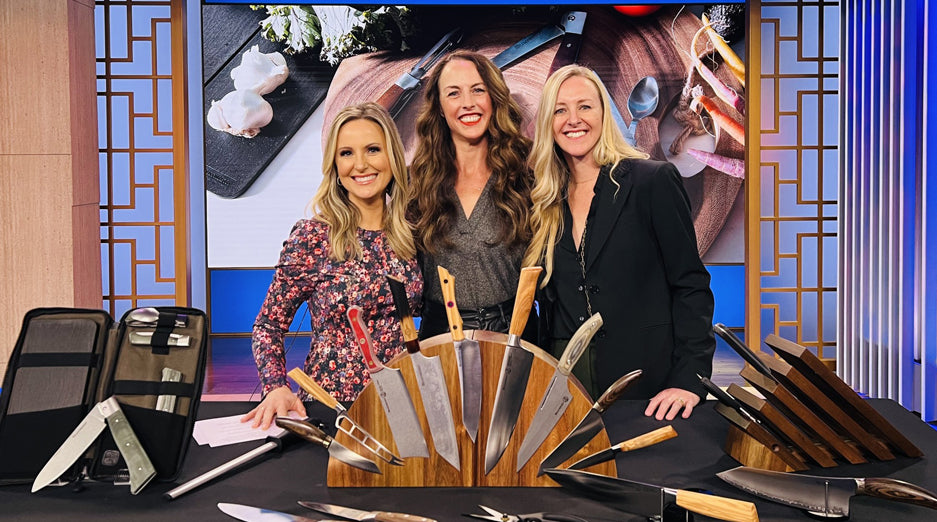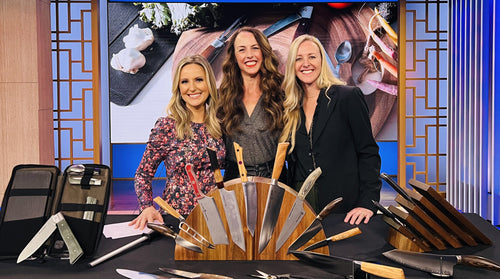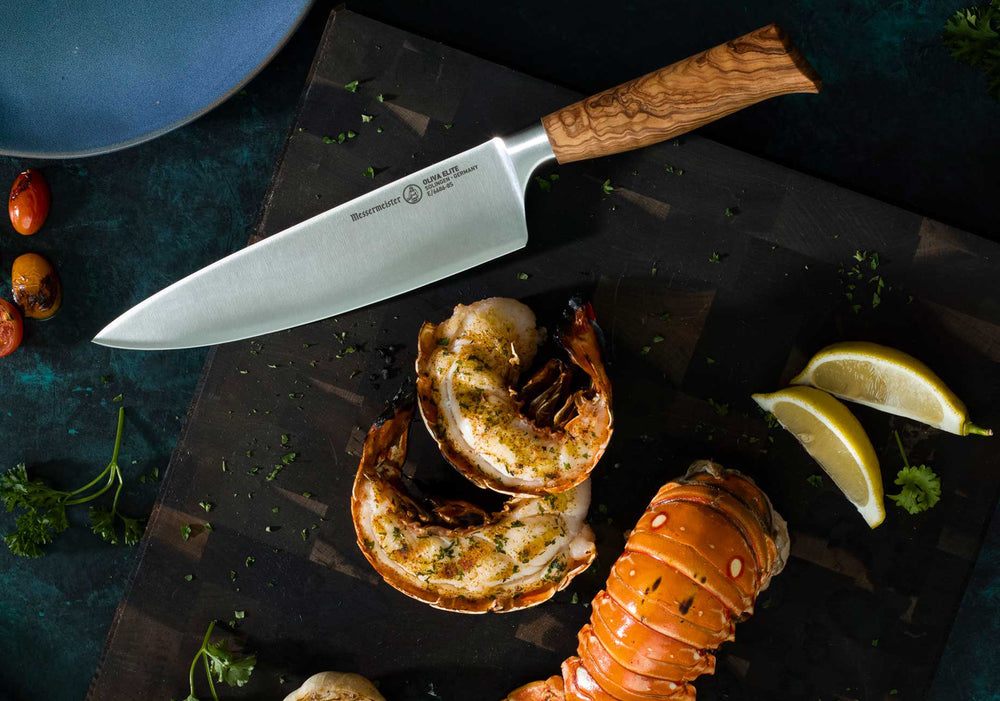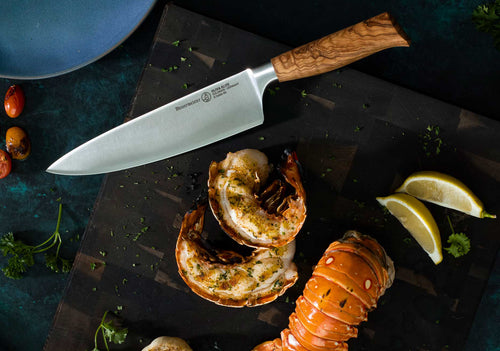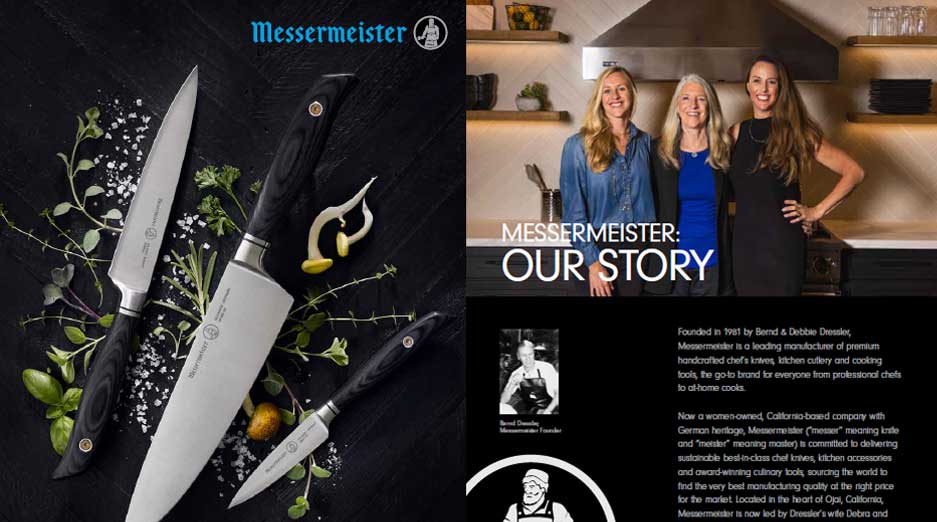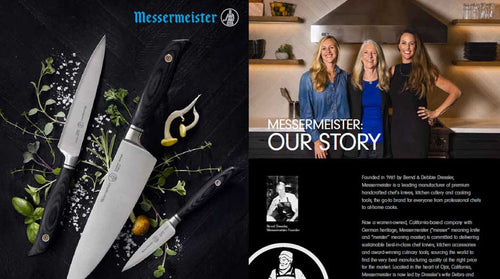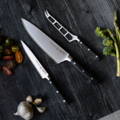Knife Finder
A Knife for Every Task
Find Your Perfect Blade
Whether you're a budding culinary student, a home cook or a professional chef. Finding the right knife for you is vital in the kitchen. Learn about the different blade shapes we offer and what its uses are below.
~ A chef's knife is the most important knife in your collection ~
It is the workhorse in every kitchen and will perform about 90% of all cutting tasks. The blade shape is ideal for chopping, slicing, dicing and mincing your way through extended cutting tasks without fatigue. Each part of the blade is designed to perform a different task. The tip is used for fine work such as paring, coring, trimming and peeling. The middle cutting edge is used for slicing, dicing, chopping and other precision cuts. The heel area is used when a task requires force and the wedge shape of the heel is needed to split dense material. The spine can be used to crack shells and the flat side of the blade can crush garlic. The chef’s knife is the flagship of cutlery.
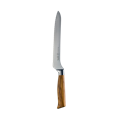
Bread Knives
The scalloped edge will bite into crusts of bread for smooth slicing without exerting pressure that can compress the slice. This knife is also used to slice soft-skinned fruits and vegetables.
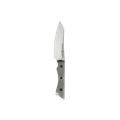
Utility Knives
This versatile knife with a fine edge is one of the most frequently used knives in the kitchen. A favorite for prep, peeling and slicing of fruits and vegetables as well as slicing meats and cheeses.
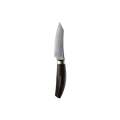
Paring Knives
This small all-purpose knife facilitates in trimming, peeling and slicing of produce, meats and cheeses. You will find yourself using it for tasks requiring accuracy and attention to detail.
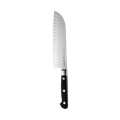
Santoku Knives
A Santoku knife combines characteristics of a traditional chef's knife and an Asian style cleaver. It has a thin taper for maximum precision when slicing vegetables, fish and meat.
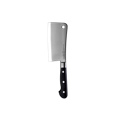
Cleavers
Chop your way through large pieces of meat, poultry, tough vegetables and even bone with ease. Cleavers are great for heavy duty work because of their balance and weight, but the blade edge is delicate enough to mince herbs.
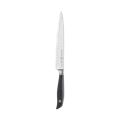
Carving Knives
This is a preferred knife for a broad range of carving chores, from large roasts to medium and smaller poultry. The narrow blade and pointed tip help separate meat from the bone and slice it into thin serving portions.
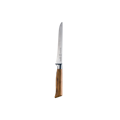
Boning Knives
A boning knife is designed to remove bones from meat, poultry, game and fish. The tapered pointed blade provides excellent control and precision for cutting tasks that render maximum yield.
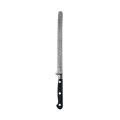
Fillet Knives
Flexible fillet knives have blades that are extremely pliable. This allows the blade to conform to the shape of the item that you are skinning, boning or filleting. Fillet large sides of salmon, de-bone trout or shave dried and cured meats with this blade style.
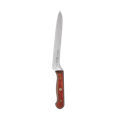
Scalloped Offset Knives
Scalloped edges are more gentle than serrated edges and generally leave a cleaner cut. Concave scallops are cut along the entire length of the knife’s edge. The triangular points of the scallops grip bread crusts, soft or waxy skin vegetables and fruit while the crescents do the actual slicing.
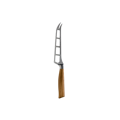
Cheese & Tomato Knives
The serrated wavy edge is suitable for cutting soft, medium or hard cheeses, tomatoes, and any soft skinned fruit or vegetable. The fork tip is designed to move pieces from the cutting board to a plate.
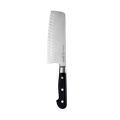
Vegetable Knives
This style of knife is great for chopping a variety of vegetables and boneless meats. The blade is fine enough for mincing herbs as well. Utilize the wide blade to scoop your prepped ingredients with ease.
Edge Styles
What Are The Different Edge Styles?
Every Knife has a distinctive edge style. Using the right edge for the right task will simplify your cutting prep. Whether you need to mince, chop slice or dice, proper cutting-edge choice can limit kitchen injuries and it is a sure fire way to speed up your food prep time.
Test Drive Before You Buy
Before you buy a knife, test drive it. Go to one of our authorized dealers and hold it in your hand to make sure it is the right fit for you. Click below to view a Messermeister authorized retailer near you. Contact them to confirm they have the item you want to test drive.
You're on the list!
We'll notify you at when this item is back in stock.
Notify Me When Available
We'll only use your email to notify you when this product is back in stock.
